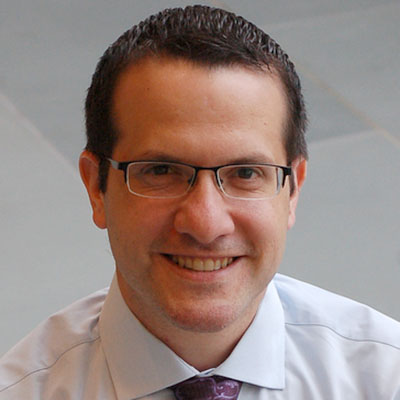I tried very hard not to follow the news or blogs while I was on vacation last weekend. That meant I got to miss much of the (re)fought battle on whether being uninsured increased your likelihood of dying. I’m not going to recap all of it. Basically, Megan McArdle wrote an article for the Atlantic decrying what she believes is a lack of evidence that being uninsured increases mortality. It’s not a new argument, but it’s not a very good one.
It was picked apart over the weekend by many, many people. Austin Frakt did an excellent job. You could start here and catch up on all of it on his blog (it’s in my list on the right).
Dropping my researcher’s statistics and analyses for a minute – is this really so hard to grasp? Is it so difficult to believe that a 30 year old who makes $15,000 a year (minimum wage), has no kids (and no Medicaid), and has asthma might not be able to afford his meds? A doctor’s visit? A peak flow monitor? And that might make him more likely to die?
Is it so hard to believe that a 60 year old who lost her job and is on a fixed income, again with no Medicaid, who has diabetes and hypertension, might not be able to afford her meds? Her testing supplies? Her monitoring equipment? And that might make her more likely to die?
You really question this?
We can debate the magnitude. But come on, when there is a body of research that backs up what is common sense, what’s the problem here? Health insurance makes it easier to get health care and health care reduces morbidity and mortality. If you don’t believe that, then put your money where your mouth is – drop your health insurance.
And, putting my researcher’s hat back on, there are many, many analyses and statistics that show that being uninsured increases mortality and morbidity.
One of the hardest things about working in research is that very few people truly understand the complexities of studies and statistics. Most of what we do is baby steps. You add a little knowledge here and there, and – over time – sometimes it accumulates to a critical mass and we then think we know something about the world. Sometimes, you get results that contradict a body of literature. It happens, sometimes, by chance alone. When it does, you don’t throw out everything you know. You retest those results, see if they hold, and then try and explain them in a new worldview.
Those who don’t get this will take a spurious result, no matter how small (or sometimes even flawed) to say that everything we thought we knew is wrong. It’s not. You can’t cherry pick. You have to talk about all the available solid evidence.
When people don’t do this, it may make for a good read, but it’s not an accurate description of the world. Cue Austin:
What’s the point of articles that cherry-pick research to support contrarian conclusions? They may be provocative, but a misleadingly narrow review of a body of research often can be. Being provocative is not necessarily bad, but doing so in a manner that misrepresents a body of work is an insult to science and does readers a disservice. In what way is that useful, unless your goal is to be misinformed and misled (as a reader) or to support otherwise unjustified policy conclusions (as an author)?
I may have been an Atlantic subscriber for a long time, but if they print more pieces like McArdle’s I won’t be one for much longer.
I used to subscribe to The Atlantic – it was the first subscription I made on my Kindle when I got it last year. Unfortunately, I canceled my subscription in December. It was not long after reading this. Let me be clear – I think Megan McArdle is an engaging writer and often has a viewpoint which challenges me. But I want facts in my reporting. I want a more reasoned and evidence-based argument from the economics expert at a magazine.
UPDATE – Edited the title, because who knew the news yesterday would otherwise make it ambiguous?


